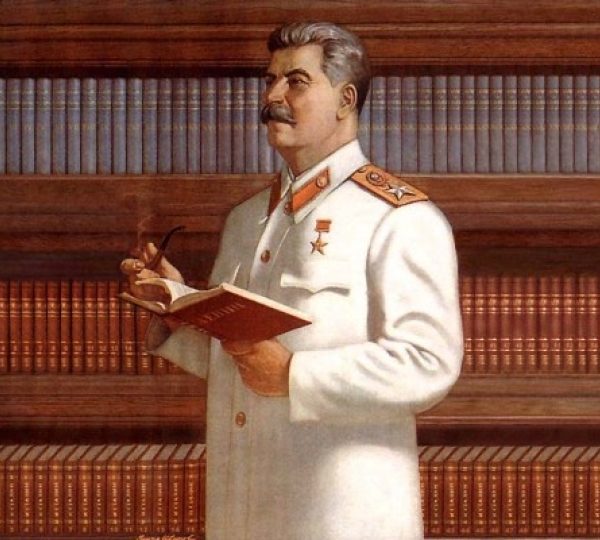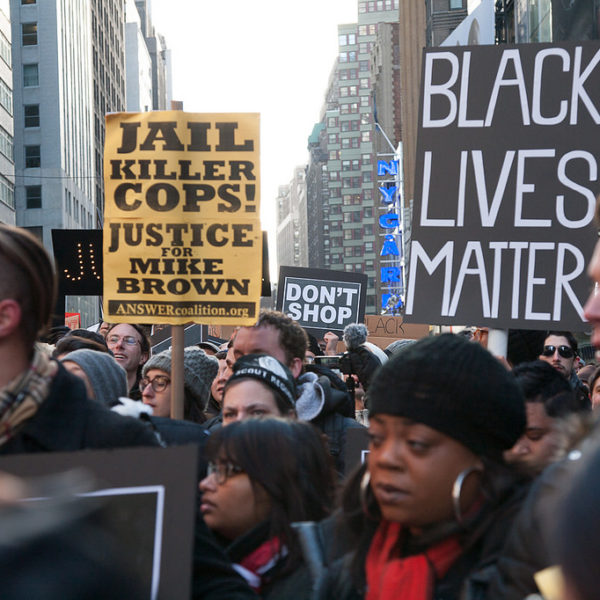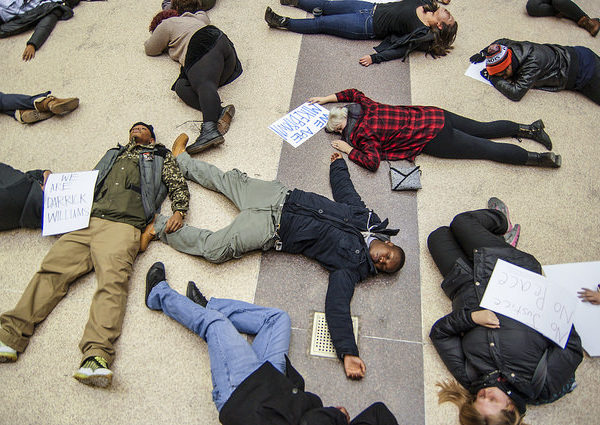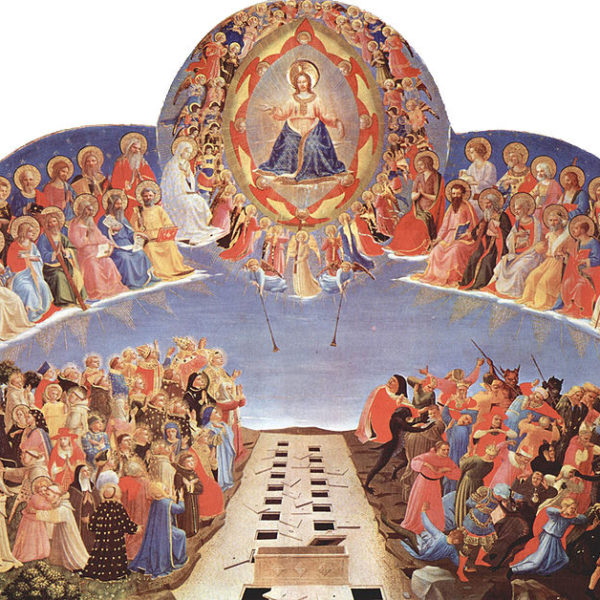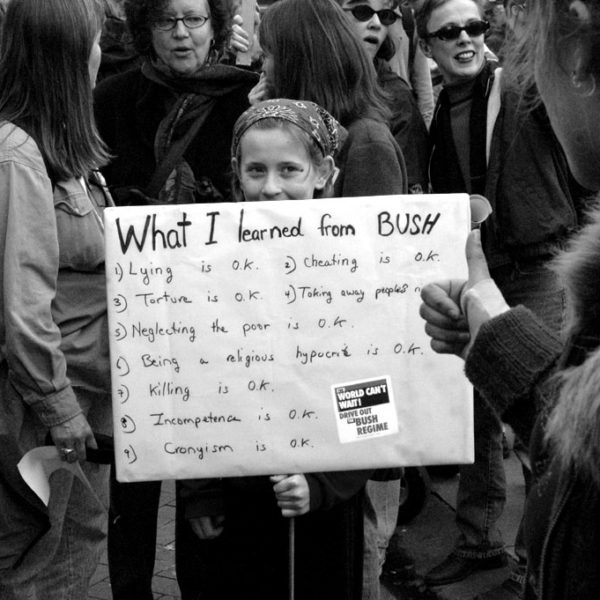
So what do the findings I have shared indicate for the future of the Christian right? They demonstrate despite the Republicans recent 2014-midterm results, that millennial Christians are more ambivalent about politics than their parents. According to Pew Research, millennial turnout in 2014 was down 6 points on the 2012 Presidential election, whilst there was 6 point increase amongst baby boomers aged 50-68. Older white Christian males swung the election in the GOP’s favour. Though this temporarily bodes well for GOP-Christian right relations, it is clear that there will be a significant age-gap problem very soon, for partisan ties are very much weaker amongst millennials.
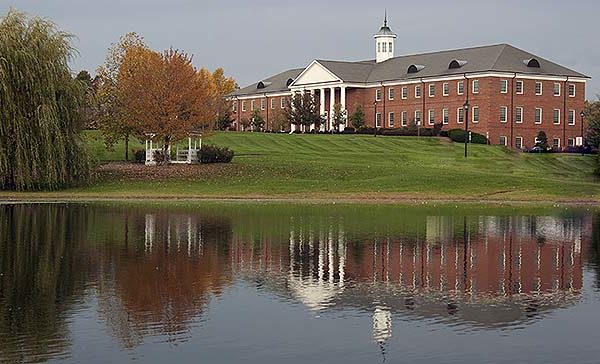
Following Bush’s consecutive victories in 2000 and 2004 the Christian right have been labeled the ‘backbone’ and ‘base’ behind the Republican Party’s electoral successes.[1] Evangelical born-again Christians constitute around 26% of the US electorate according the latest Pew Research poll, of whom three-quarters consistently vote Republican.[2] For forty years the considerable convening power of these faithful conservatives have made them an attractive constituency for Republicans to court. Aligning with their social and cultural concerns, this relationship has generated a distinguishing feature amongst Western politics, the American ‘values voter’.
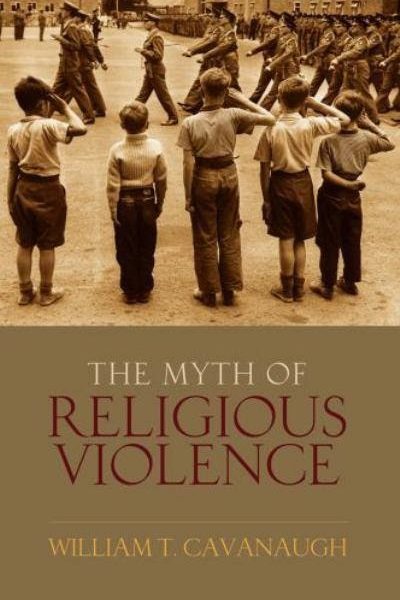
Issue 15.6 of the journal Political Theology is a special issue on William T. Cavanaugh’s The Myth of Religious Violence. Dr. James Murphy served as guest editor of the issue. Below he introduces the symposium.
The appearance of William Cavanaugh’s important new book offers a strikingly new take on the familiar debate about religion and violence. According to Cavanaugh, it has become a very widespread article of faith that there is something especially dangerous about religion.
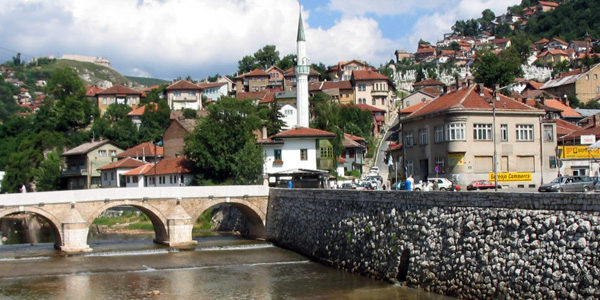
The 2015 Balkan Summer School on Religion and Public Life (BSSRPL) will be devoted to the theme Conversion and the Boundaries of Community. As with previous schools, it proceeds from the idea that religion and other forms of collective belonging are central for the life of both individuals and society, and that our religious communities are often those to which we devote our greatest loyalties.
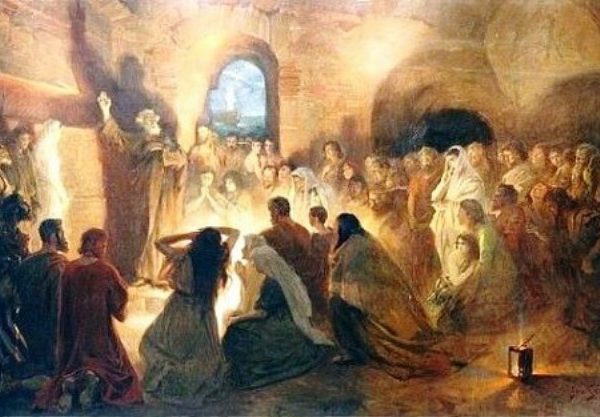
The Apostle Peter calls for the virtues of patience and peace in our waiting for the eschaton. At face value, these virtues might appear more congruent with an apolitical complacency. However, closer reflection reveals that they involve both the work of bringing peace and commitment to works of anticipation.
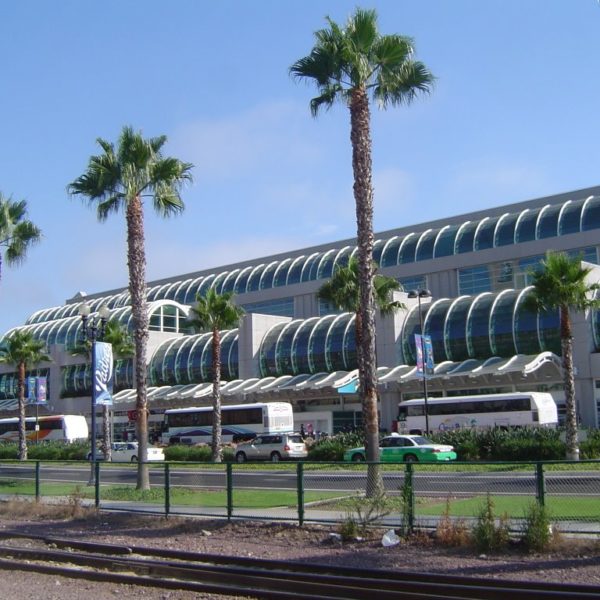
Justice fails where civil law and order are privileged over peoples’ ability to determine their destiny by confronting affronts to their dignity by legitimate powers. Let me offer two examples. I confess I am still in love with the Occupy Movement (OWS).
